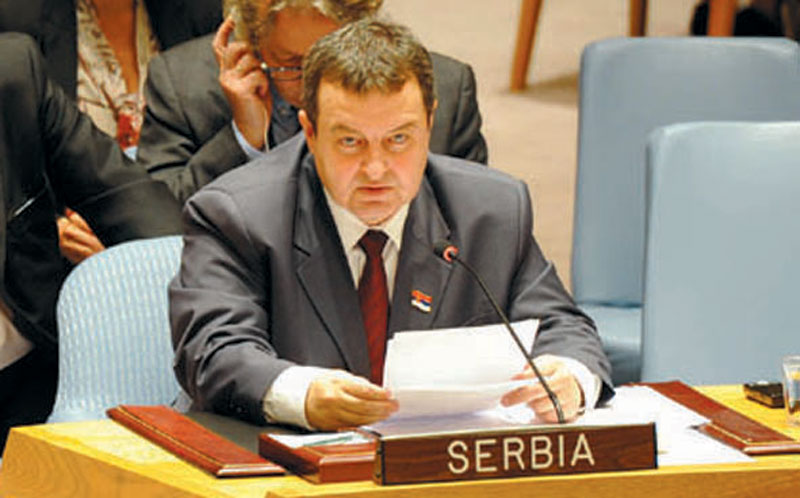In the past two years, Diplomacy&Commerce magazine has given to its readers abundance of news from politics, business and culture, has reported on the opinions of relevant stakeholders both from Serbia and abroad, covering all segments of life, and opened up topics that were not written or talked about enough. With its latest issue, Diplomacy&Commerce is celebrating its second anniversary in Serbia. We are very proud of the fact that, in two years and 24 issues, we have managed to intervju the leaders of the Serbian political, business and diplomatic community, as well as the renowned regional and the global public figures. In these past 24 issues, we have also published special supplements dedicated to overall relations between Serbia and European and world countries.

We have asked Serbian officials – Serbian PM, government ministers, ambassadors and representatives of business associations in Serbia – to give us their opinions about the most important changes that Serbia should make in order to become an EU member, and about the investment climate in the West Balkan region.
1. What do you think are essentially the most important changes that Serbia should make in order to be ready for EU membership by 2025?
2. Do Serbia and the Western Balkans have enough capacity to attract large multi-nation companies to their markets?
1. The key to the reform process is contained within Chapters 23 and 24.Oour focus will be on judicial reform and the fight against corruption and human trafficking, as well as on making substantial progress in the areas of data protection, gender equality, free legal aid and minority protection. An independent judiciary, which implies the integrity of judges and courts, their impartiality and high standards, constitutes the basis for the stability of democratic institutions and the rule of law. Equal importance will be devoted to increasing inclusiveness and transparency, improving the quality of drafting regulations and effective control of executive powers, as well as the limited use of urgent procedures in the National Assembly and more meaningful consultations with civil society. In practice, these reforms will give citizens a greater legal certainty in terms of exercising their rights in front of state bodies in the short term, while in economic terms, they would provide additional guarantees for a greater security of invested capital, thereby simultaneously improving the investment climate. These two chapters have a cross-border character and affect the rights of all EU citizens. One of the changes I expect to happen is higher awareness in general public about the EU membership being a goal to accomplish. This path is long and difficult, but every individual is responsible for an organized society and it is in our best interest to nurture and preserve such a functioning system
2. That is the essence of the two chapters. By changing its legislation, Serbia seeks to create an institutional environment for doing business modeled after the developed EU countries which is a prerequisite for economic growth and attracting large investments. In the first ten months of 2017, FDIs in Serbia amounted to 2.12 billion EUR, and which makes us the absolute leaders in the region.